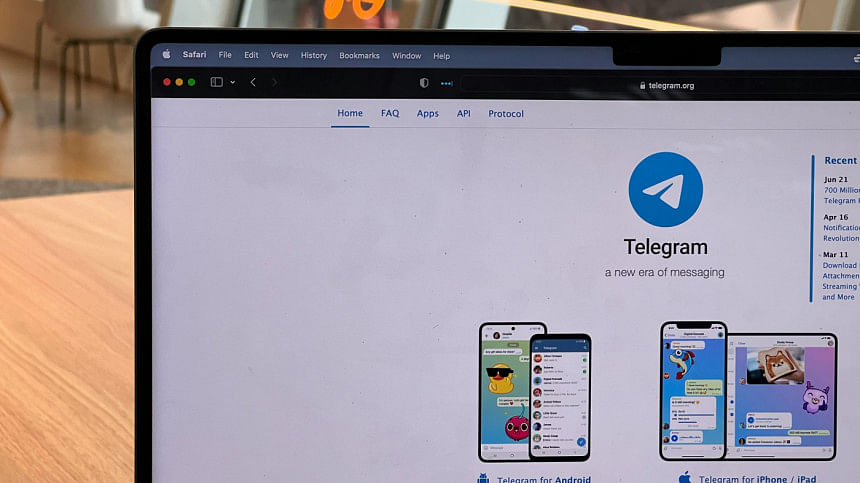Vietnam plans Telegram block; app says it’s “surprised”

Vietnam's Ministry of Information and Communications has instructed domestic telecommunication service providers to block access to the messaging platform Telegram, citing the app's alleged failure to cooperate with authorities in addressing criminal activities, according to a recent report by Reuters.
The directive, dated May 21 and signed by a senior telecoms official, requires providers to implement the ban and report back to the ministry by June 2.
The order follows an assessment from the country's cybersecurity department, which claims that a majority of Telegram's channels and groups operating in Vietnam are being used for illegal purposes. According to a government report seen by Reuters, authorities allege that 68 percent of the 9,600 Telegram groups in the country have engaged in unlawful activities, including fraud, drug trafficking, and content suspected to be linked to terrorism.
In the official document, the ministry asked service providers "to deploy solutions and measures to prevent Telegram's activities in Vietnam," citing national security concerns and the need to clamp down on online crime. The Vietnamese government later confirmed the decision via its public web portal.
In response, Telegram said it was caught off guard by the government's position. "Telegram is surprised by those statements," a company representative told Reuters on Friday. The representative insisted that the company has responded to all legal requests from Vietnamese authorities within the appropriate timeframes.
A government official told Reuters that the move to block Telegram follows the app's refusal to share user data when requested by law enforcement during criminal investigations.
Despite the announcement, Telegram remained accessible in Vietnam as of Friday, states the Reuters report.
The Vietnamese government has increasingly intensified scrutiny of digital platforms, pushing for greater accountability and compliance with local laws. The ruling Communist Party has long maintained a tight grip on the media and online discourse, often calling on global tech firms such as Facebook, YouTube, and TikTok to remove content it deems offensive, false, or anti-state, according to the report by Reuters.

 For all latest news, follow The Daily Star's Google News channel.
For all latest news, follow The Daily Star's Google News channel. 








Comments